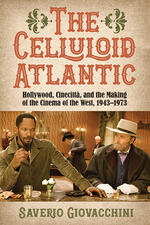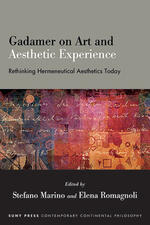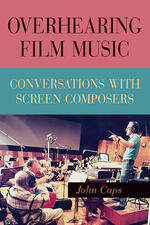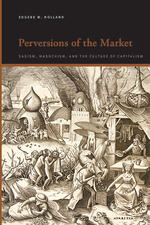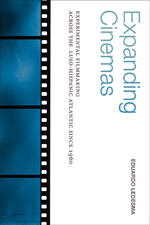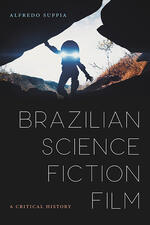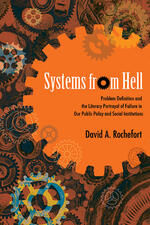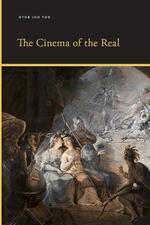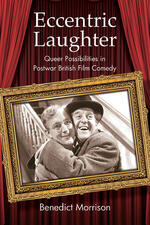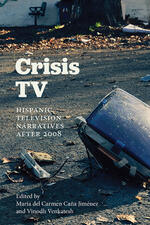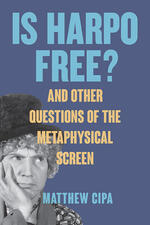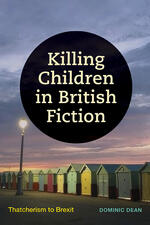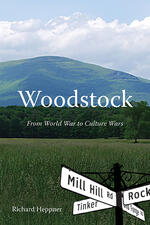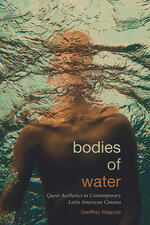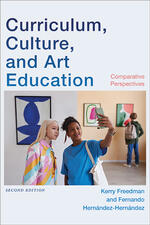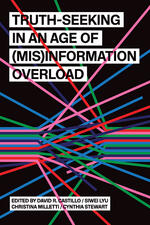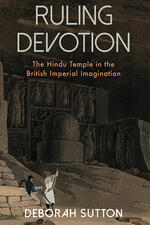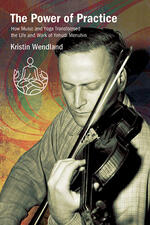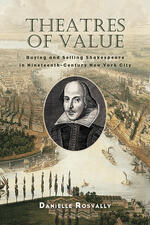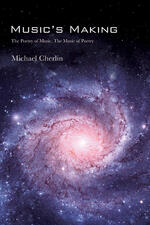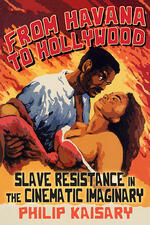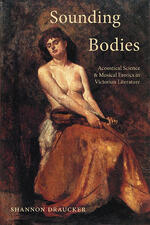Film, Visual Culture, and Performing Arts
Music at World's End
A fascinating story of how three musicians, who escaped the Nazis, inspired Iceland’s modern classical music.
Songs and Sounds of the Anti-Rent Movement in Upstate New York
Includes 22 new settings of period tunes, and examines the expressive culture of the largest antebellum tenant farmer protest from its origin to its 21st-century reverberations.
The Celluloid Atlantic
Offers a fresh look at American and Italian cinema in the postwar period.
Gadamer on Art and Aesthetic Experience
Original essays on Hans-Georg Gadamer's hermeneutical aesthetics and philosophy of art, written by some of the most important authors in this field, disclosing the possibility of a renewed understanding of Gadamer's thinking in the context of current aesthetic debates.
Overhearing Film Music
Three generations of famous movie soundtrack composers reveal the secrets of their art and success.
Perversions of the Market
An engaging analysis of the catastrophic ways capital perverts market dynamics by a leading scholar of Deleuze.
An Eye for Hitchcock
A series of fascinating and groundbreaking meditations on six films directed by the legendary Alfred Hitchcock.
Expanding Cinemas
Explores experimental cinema and alternative film formats from across the Luso-Hispanic Atlantic, from the 1960s to the present.
Brazilian Science Fiction Film
The first book-length account of Brazilian science fiction cinema.
Systems from Hell
Examines how contemporary novels document and define social problems using a variety of narrative techniques to focus attention on systemic failure.
The Cinema of the Real
Alters the landscape of Lacanian film theory by revealing an “emancipatory drive” in transnational cinema.
Eccentric Laughter
Dispels the idea that postwar British comedies were apolitical, arguing instead that they presented subversive, iconoclastic, queer experiments in living for a country that was rebuilding and reimagining itself after years of conflict.
Crisis TV
Wide-ranging, in-depth analysis of Spanish-language television fiction after the 2008 global financial crisis.
Is Harpo Free?
Examines how philosophical concepts like free will, personal identity, and goodness are given an artistic life in films and television programs.
Killing Children in British Fiction
Investigates how British fiction and film use dangerous and endangered children to explore conflicts over the future, from the Thatcher to Brexit eras.
Woodstock
The story of Woodstock, N.Y., over the last 100 years and how a small, rural town coped with the many challenges of changing times.
Bodies of Water
Explores how watery spaces provoke radical modes of screening queer corporeality in a diverse range of contemporary Latin American films.
Curriculum, Culture, and Art Education, Second Edition
Through international case studies, this book explores the causes and effects of historical and contemporary cultural changes in art education.
Truth-Seeking in an Age of (Mis)Information Overload
Offers a thorough, multidisciplinary picture of the informational challenges of our media ecosystem, as well as collaborative strategies for addressing them.
Ruling Devotion
Combines historical, literary, art historical, and archaeological perspectives to explore the idea of the Hindu temple in the British colonial imagination.
The Power of Practice
Situates yoga practice within a musical context in the life and work of famed violinist Yehudi Menuhin
Theatres of Value
Explores the value of Shakespeare for theatrical businesspeople and audiences in nineteenth-century New York City.
Music's Making
A personal voyage of discovery drawing on musicology, literary theory, Jewish studies, and philosophical phenomenology.
From Havana to Hollywood
Centers Cuban cinema to explore how films produced in Havana or Hollywood differently represent Black resistance to slavery.
Sounding Bodies
Shows how nineteenth-century discoveries in acoustical science shaped Victorian literary representations of gender, sexuality, and intimacy.


